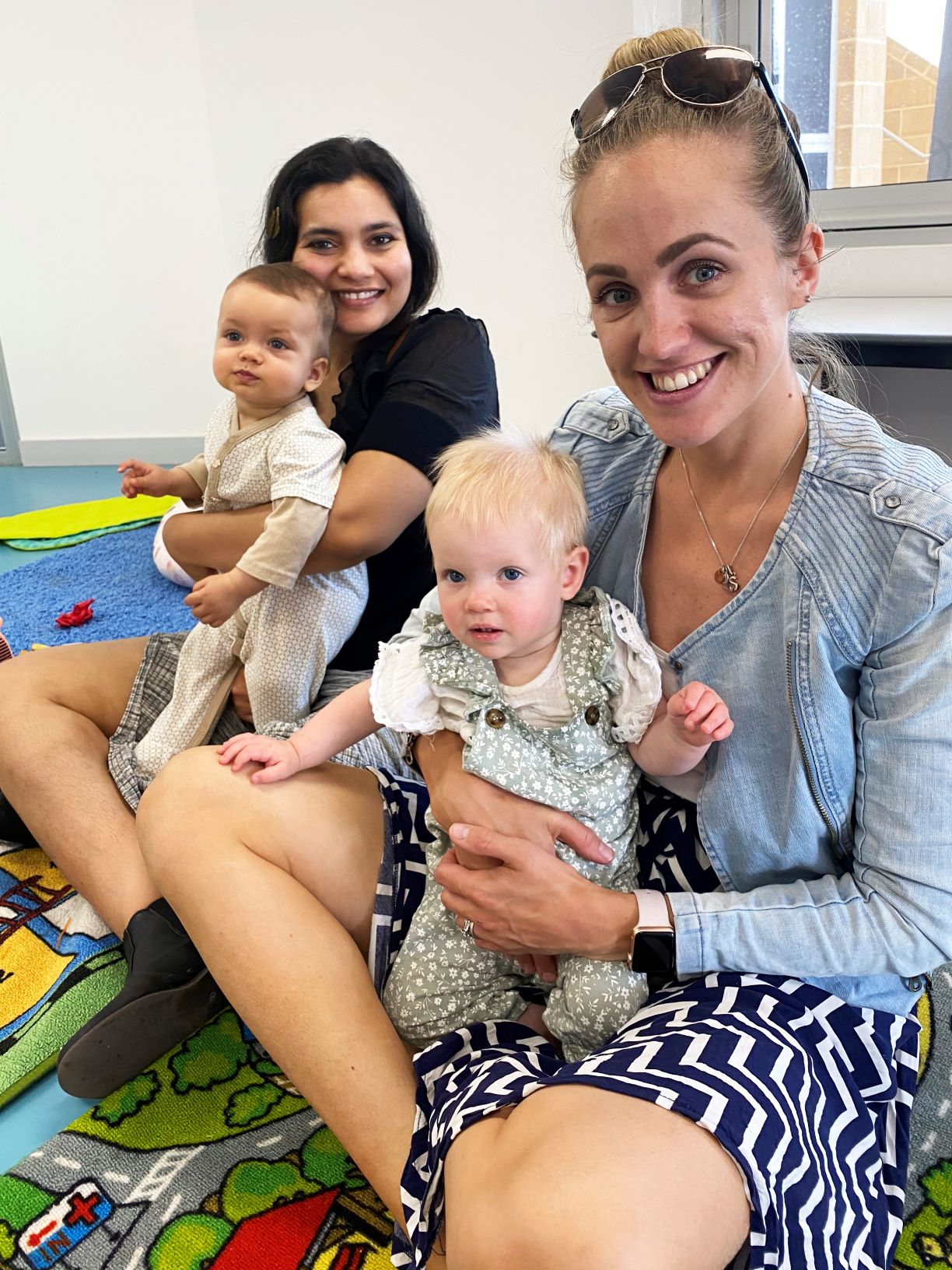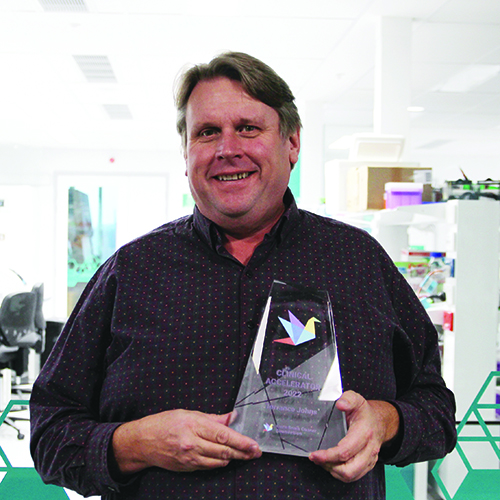Search
Showing results for "early life"

By participating in ORIGINS, you are contributing to one of the largest and most comprehensive birth cohort studies ever.
Research
Food AllergyFood allergies have become more common in our community, with up to one in ten young children now affected. Reactions can range from mild hives to life threatening anaphylaxis and breathing difficulties. The most common food allergies are to egg, peanut, tree nuts, cow’s milk, fish, shellfish, sesame, wheat and soy.
Research
Effects of ganaxolone on non-seizure outcomes in CDKL5 Deficiency Disorder: Double-blind placebo-controlled randomized trialCDKL5 deficiency disorder (CDD) is a rare developmental and epileptic encephalopathy. Ganaxolone, a neuroactive steroid, reduces the frequency of major motor seizures in children with CDD. This analysis explored the effect of ganaxolone on non-seizure outcomes.
Research
The ARC Centre of Excellence for Children and Families over the Life Course (Life Course Centre or LCC)The Life Course Centre is a national centre funded by the Australian Research Council Centre of Excellence Scheme and hosted through the University of Queensland with collaborating nodes at the University of Western Australia, Sydney University and University of Melbourne.
Research
Risk factors for low receptive vocabulary abilities in the preschool and early school years in the longitudinal study of Australian childrenReceptive vocabulary development is a component of the human language system that emerges in the first year of life and is characterised by onward expansion...
News & Events
Future Fund for Medical Research Brings Hope for Better Child HealthThe Kids Research Institute Australia has welcomed the Federal Government's commitment to a Medical Research Future Fund to improve the long term health of Australians.
Research
Lung abscess: 14 years of experience in a tertiary paediatric hospitalLung abscess is a rare condition in paediatrics with a paucity of literature. Intravenous antibiotics is the main therapy; however interventional radiological approaches have led to the use of percutaneous drainage. Surgery is reserved for the management of complications.

WA Kids Cancer Centre is leading the charge to find innovative new treatments that will allow doctors to ‘dial down’ the amount of toxic treatments needed to fight cancer.
Research
Variation in treatment preferences of pulmonary exacerbations among Australian and New Zealand cystic fibrosis physiciansDespite advances in cystic fibrosis (CF) management and survival, the optimal treatment of pulmonary exacerbations remains unclear. Understanding the variability in treatment approaches among physicians might help prioritise clinical uncertainties to address through clinical trials.
Research
Paediatric headbox as aerosol and droplet barrierHigh-flow nasal oxygen (HFNO) is frequently used in hospitals, producing droplets and aerosols that could transmit SARS-CoV-2. Our aim was to determine if a headbox could reduce droplet and aerosol transmission from patients requiring HFNO.
